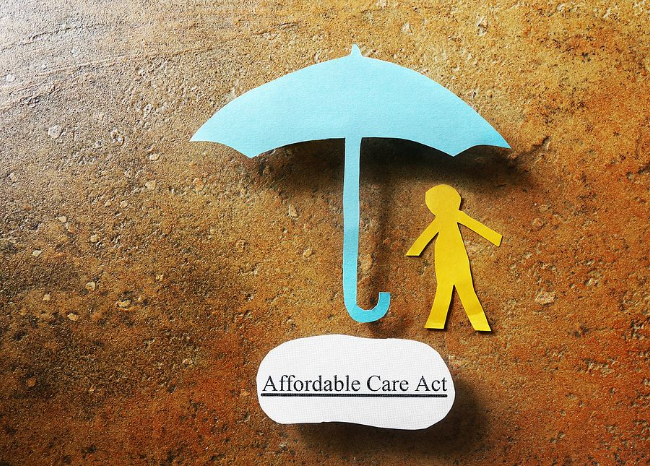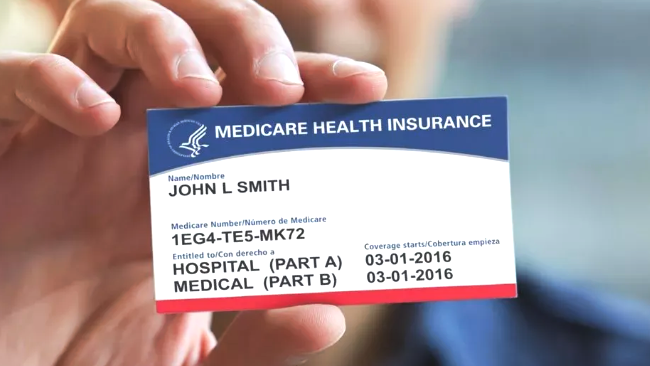Share This Post
Tax Savings with Health Insurance: What to Know in 2025
Health insurance isn’t just protection for your family’s health—it can also play a key role in improving your financial wellness. With updates to deduction thresholds and contribution limits in 2025, health insurance tax benefits are more accessible than ever.
If you're looking to reduce your taxable income and build a smarter tax strategy, this guide breaks down how to use your health coverage to unlock tax savings.
What Health Insurance Tax Benefits Look Like in 2025
For the 2025 tax year, the IRS allows you to deduct unreimbursed medical and dental expenses that exceed 7.5% of your adjusted gross income (AGI). If your AGI is $60,000, for example, you can only deduct expenses beyond $4,500. This includes eligible out-of-pocket costs such as premiums, doctor visits, and prescriptions—but only if you itemize your deductions.
The key is understanding how these deductions interact with your income level, health insurance choices, and employment status.
Who Qualifies for Health Insurance Tax Benefits in 2025?
Not everyone can deduct their health insurance premiums in the same way. Your ability to claim these tax benefits depends on how you're insured and how you file your taxes. Let's take a look at how it breaks down:
Self-Employed Individuals
If you’re self-employed, you may be able to deduct 100% of your health insurance premiums from your taxable income using Form 7206. This includes coverage for your spouse and dependents, and the deduction applies whether or not you itemize. It’s one of the most direct ways to reduce your AGI while staying protected.
Employees Who Itemize
If you're covered through an employer plan and pay for part of your premiums or other qualifying expenses out-of-pocket, you might still benefit. But here, you'll need to itemize deductions on Schedule A and surpass that 7.5% AGI threshold.
Eligible expenses include:
- Health, dental, and vision insurance premiums paid after tax
- Prescription medications
- Co-pays and deductibles
- Therapy, mental health counseling, and chiropractic care
Tax Savings With Health Insurance Tools
Beyond the standard deductions, there are specialized tax-advantaged tools that can significantly boost your savings. These accounts are designed to help you plan ahead and pay for healthcare expenses more efficiently.
Health Savings Accounts (HSAs)
If you’re enrolled in a high-deductible health plan (HDHP), you may qualify for an HSA, which offers a triple tax advantage:
- Pre-tax contributions reduce your taxable income
- Tax-free growth on your investments
- Tax-free withdrawals for qualified medical expenses
For 2025, the contribution limits are:
- $3,900 for individuals
- $7,800 for families
HSA funds never expire, making them a strategic savings vehicle for long-term medical planning.
Flexible Spending Accounts (FSAs)
If your employer offers an FSA, you can contribute up to $3,300 in 2025. These pre-tax dollars can be used for eligible medical expenses, ranging from co-pays to contact lenses. The caveat? Most FSAs are "use-it-or-lose-it," so planning is key.
Lesser-Known Health Insurance Tax Breaks That Add Up
Tax savings with health insurance don’t end with premiums and FSAs. Here are a few deductions that often get overlooked:
- Long-term care insurance premiums (subject to age-based IRS limits)
- Medical travel mileage (IRS allows a per-mile deduction for travel to and from appointments)
- Prescribed dietary needs, such as gluten-free foods for celiac patients
- Home modifications like ramps or stair lifts, if medically necessary
- Marketplace plan premiums paid after tax credit application
Each of these can count toward your 7.5% AGI threshold, provided they’re unreimbursed.
How to Build a Smart Tax Strategy Using Health Insurance
Your tax return isn’t the only place to benefit from your health insurance. With a few proactive steps, you can maximize your deductions and reduce your liability:
- Group elective procedures into one tax year when possible
- Track dependent expenses if you're covering medical costs for children or elderly parents
- Pre-pay known medical bills before December 31 if you're close to the 7.5% AGI mark
- Use digital tools (spreadsheets or apps) to track receipts, mileage, and insurance statements
When in doubt, consulting with a tax advisor or benefits professional can help you identify which strategies apply best to your situation.
When to Talk to a Professional
Not sure whether to itemize? Confused by the HSA vs FSA rules? That's where a licensed tax preparer or health insurance advisor can help. Some scenarios where professional help is especially valuable include:
- Managing multiple tax-advantaged accounts (like HSAs and FSAs)
- Changing jobs or switching from employer to marketplace coverage
- Supporting aging parents or dependents with medical costs
- Making decisions about when to schedule large expenses like surgeries or braces
Your advisor can walk you through how your insurance plan pairs with tax deductions—and make sure you’re not leaving money on the table.
Maximize Your Health Insurance Tax Benefits in 2025
Getting more value out of your health insurance starts with knowing your options. Whether you're self-employed, managing a growing family, or just want to reduce your tax bill, 2025 offers multiple ways to make your health expenses work for you.
At Sackett Insurance Services, we specialize in helping individuals and families throughout Sonoma County get the most out of their coverage. Get a quote today to see how your plan aligns with your tax goals—and make your 2025 return one that works harder for your wallet.
Share This Post
Taking The Pain Out Of Health Insurance
We make it simple to find the right insurance plans for your needs
In just a few quick steps.





